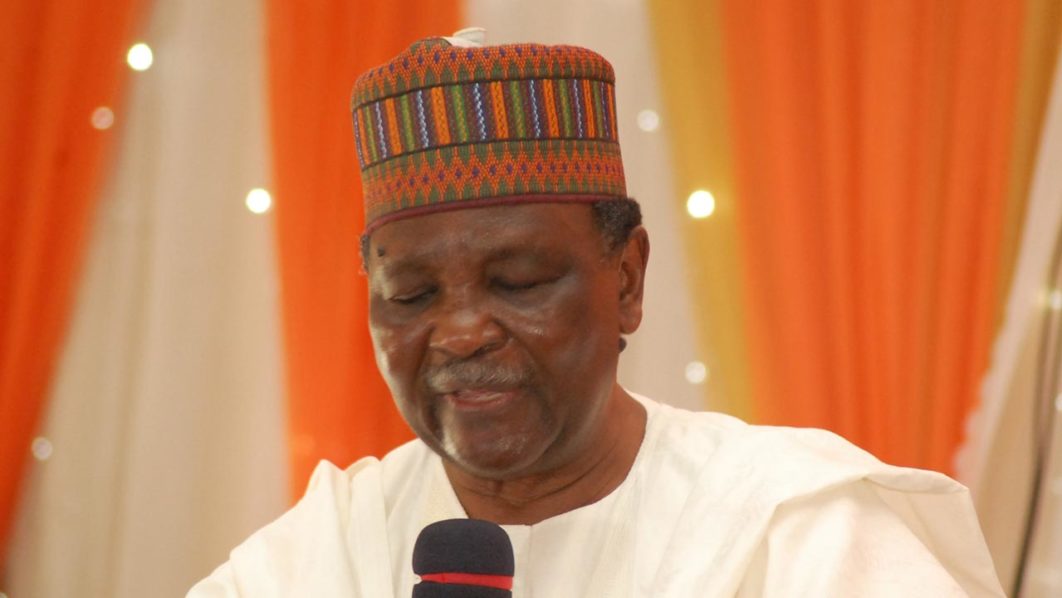
The quest for the creation of one more state in the South East geo-political zone in the country signposts the highly politicised craving of Nigerians not just for development but also equity in the distribution of the commonwealth. State creation can activate rapid and inclusive growth, but it can also occasion huge expenses in administration and bureaucracy, with counterproductive consequences. Agitations for more states have been a recurrent issue in Nigeria; eliciting as much passion as the attendant apprehensions and controversies. The creation of 12 states from the four regions that survived the First Republic by the administration of General Yakubu Gowon in 1967, apart from the significance of enhancing governance and development at the subnational level, was a major step in addressing concerns around provincial end ethnic identities which became deep-seated soon after independence in 1960.
The number of states rose to 19 when the administration of General Murtala Mohammed created additional states in 1976, prompting wild applause across the country. Subsequent state creation exercises were carried out under successful military administrations of Ibrahim Babangida in 1987 and 1991 as well as General Sani Abacha in 1996 which brought the number of subnational governments in the country to the existing 36-state structure. Despite the barrage of agitations for state creation in the Second Republic, the civilian administration could not deliver on such expectations before military intervention in 1983.
It is thus instructive that all the existing states were created through military fiat rather than on account of democratic consensus. Unending agitation for state creation may therefore be the consequence of the background of lack of consensus in determining the appropriate structures and boundaries of some of the existing states; thereby leading to unmet aspirations. Recently, a bill seeking to create an additional state in the southeast geopolitical zone was presented for the second reading at the House of Representatives. It is not unlikely that more of such bills demanding the creation of more states from other geopolitical zones would surface at the national assembly sooner than later, considering that such demand in the country is often associated with a bandwagon effect.
Notwithstanding, the clamour for additional states in the southeast is, no doubt, understandable. The southeast geopolitical zone presently has five states compared to other geopolitical zones with no fewer than six states while the northwest geopolitical zone consists of seven states. Whereas proponents of additional states in the southeast predicate their demand on the need to address the gap in regional parity as well as to enhance administrative efficiency within the region, it is however unlikely that such a proposition would not trigger contentions from stakeholders in other geopolitical zones with different perception about what should constitute parity within the federating units.
While the push for additional state for the southeast could be seen as legitimate and politically expedient, the truth, however, remains that such demand may be difficult to accomplish at the moment on account of the prevailing political situation in the country. It should be evident that state creation under a democratic setting requires considerable effort in bringing about consensus amongst stakeholders across the federating units. There is no doubt that demand for additional states from any of the geopolitical zones as presently constituted would be plausible without considering the requests from other zones. Agitation for state creation is bound to be fraught with daunting challenges considering the nature of politics and the attendant sentiments along ethno-religious lines. More so, agitation based on regional parity which automatically translates to an equal number of states across the six geopolitical zones may further compound the situation. There is a propensity for dissenting views that may further escalate existing tension in the country; regardless of how tenable the argument for state creation is.
More importantly, however, the existing states that rely on monthly federal allocations are more or else, faced with critical fiscal challenges with most of these states unable to meet up with the obligation of servicing the huge bureaucracy that has become burdensome. The priority, therefore, should be how to make existing states viable in meeting the aspiration of the people who desire the dividends of good governance. While agitation for state creation should be deemed legitimate and in tandem with the quest for inclusive governance as well equity amongst the federating units, such demands at this time when the country is faced with daunting socio-economic challenges and multifaceted crisis evoking distrust and tension would appear ill-timed and unpersuasive.
State creation when desirable could serve as the linchpin for accelerating development through decentralisation of governance and for addressing perceived marginalisation towards enhancing stable polity. Nonetheless, we do not consider the creation of an additional state as a solution to the challenges in the country at the moment. The country is faced with the more critical challenge of repositioning the polity to reduce the cost of governance and over-bloated bureaucracy which the existing states have compounded through mismanagement. Therefore, agitation for state creation during this period would further promote contention rather than bring about the consensus needed to achieve stability in the polity. The present 36-state structure should be strengthened to deliver dividends of governance at the subnational level. With good governance in place across the geopolitical zones, agitations for more states should become less fashionable and less tenable on account of ethnic or other primordial considerations.






